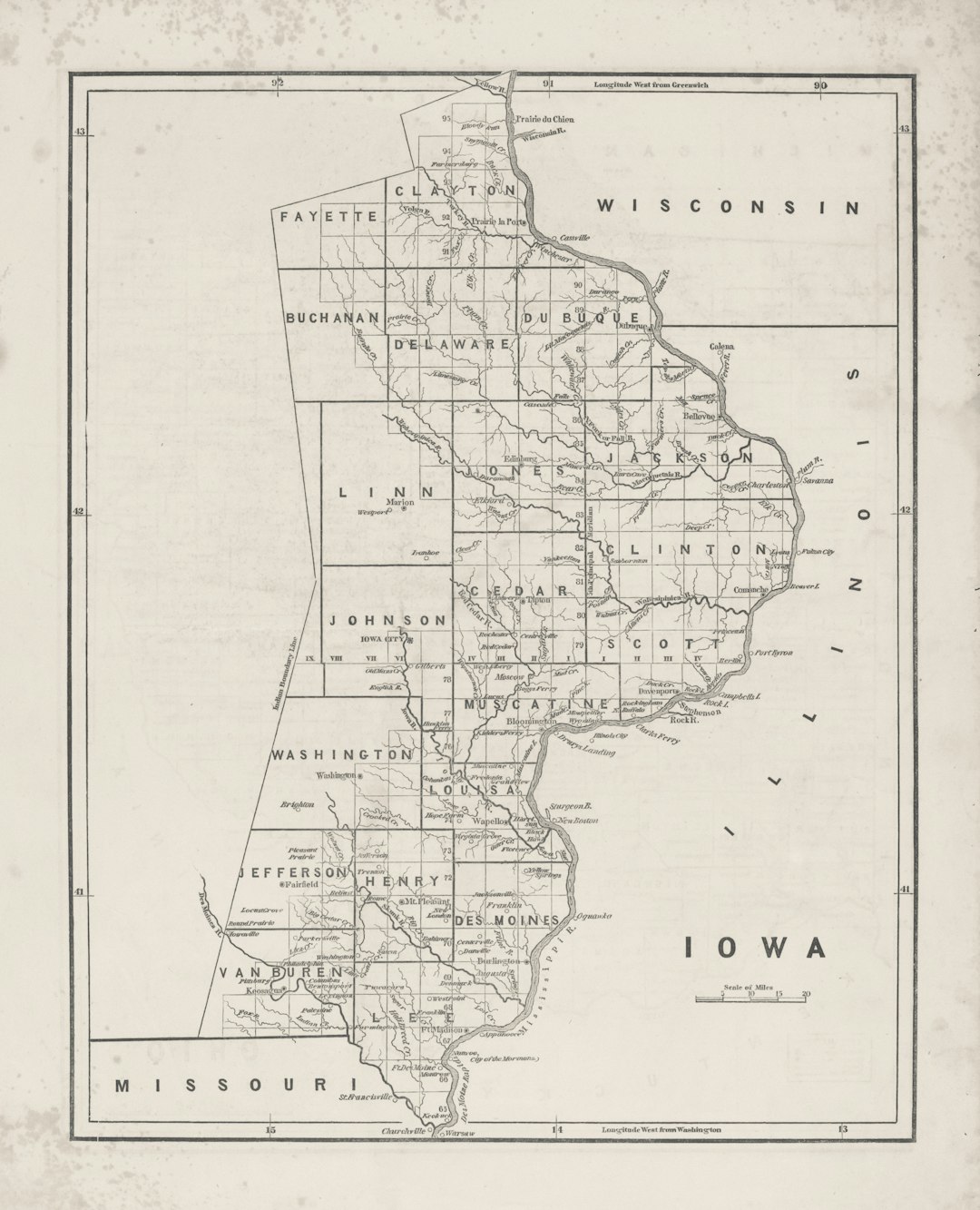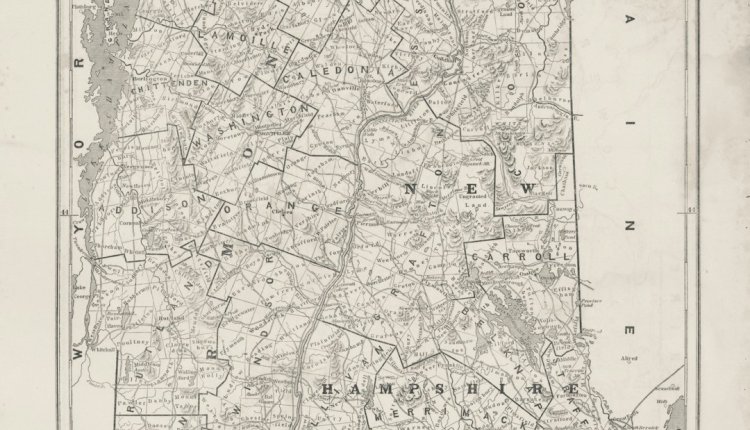Wisconsin Business Search: Finding UCC Filings & Lien Info
Looking up business info in Wisconsin? Whether you’re checking out a company or digging into UCC filings, it doesn’t have to be hard. Let’s walk through the process of finding UCC filings and lien information in Wisconsin in a simple, fun way.
What is a UCC Filing Anyway?
UCC stands for Uniform Commercial Code. That sounds complicated, but it’s really not too bad.
A UCC filing is a legal notice. It tells the world that someone (usually a lender) has a right to someone else’s stuff (usually a borrower’s equipment or inventory) if that borrower doesn’t pay them back.
Think of it like this — if you bought a fancy new popcorn machine with a loan, the lender might file a UCC statement. That way, if you stop paying, they can come for the popcorn machine. 🌽
Why Does This Matter?
UCC filings can tell you a lot about a business. They:
- Show if a business has borrowed money
- Reveal what property is being used as collateral
- Warn others before making a deal
So if you’re investing in a business or thinking of merging with one, this info can be GOLD. Knowing if someone already has a stake in company assets can save you from big trouble.
Where to Search in Wisconsin
Luckily, Wisconsin makes it easy. The state’s Department of Financial Institutions (DFI) has a website where you can search for business and UCC info in just a few clicks.
All you have to do is visit: https://www.wdfi.org. Then go to the “Business & Finance” section.
What You Can Search For:
- Business names
- UCC filings
- Registered agents
- Business entity types
It’s simple and free to use. You just need a name or a number to get started.

Step-by-Step: How to Search for a Business & UCC Filings
Ready to try it yourself? Here’s how:
- Go to WDFI.org
- Click on “Business & Finance”
- Choose “Corporate Records” or “UCC & Lien Filings”
- Enter the business name (or file number)
- Press Search!
Voila! The results will appear. You’ll see:
- Business details (name, status, address)
- A list of UCC filings (if any)
- Filing numbers and document types
You can even open the documents in PDF and see the exact collateral listed. It’s kinda cool if you like snooping in the legal way 😉
How to Read a UCC Filing
Okay, so you found one. Now what?
Each UCC form includes key info:
- Debtor: The person or biz that owes money
- Secured Party: The lender or creditor
- Collateral: The stuff being backed

This info shows who has a financial finger in what pie. Collaterals can be:
- Machinery
- Vehicles
- Inventory
- Accounts receivable
So if a construction company has a UCC lien, their bulldozers might be tied up as collateral. Good to know, right?
When Do UCC Filings Expire?
Great question! They don’t last forever.
Usually, UCC filings are valid for 5 years. After that, they can be continued or amended. So, when reading a filing, check the date. You’ll want to see if it’s still active.
What About Termination Statements?
When a debt is paid off, the creditor can file a Termination Statement. This means the lien is no longer active.
So it’s smart to look for these, too. If you see a UCC filing and no termination, that lien could still be hanging around.
Tips for a Better UCC Search
- Use Exact Names: Businesses often have formal names (like “LLC” at the end)
- Try Variations: If you’re not sure, try a few name spellings
- Use Wildcards: An asterisk (*) can help find similar names
Example: Searching for “Cheese Co” versus “Cheese Company LLC” might give different results. Better safe than sorry!
What If You Can’t Find Anything?
No worries. Sometimes, no results just means there are no active filings or the data is outdated. You can also:
- Call the Wisconsin DFI
- Hire a business research service
- Check with the Secretary of State from other states (if it’s an out-of-state company)
Can You File UCC Documents Online?
Yes, and it’s super handy!
On the WDFI site, you can:
- Submit UCC forms
- Pay filing fees
- Track filing history
This is helpful for lenders or businesses that want to protect their financial interests.
Common UCC Forms You May See
- UCC-1: Original Financing Statement
- UCC-3: Amendments, continuations, or terminations
Each type serves its purpose. UCC-1 starts the chain, UCC-3 handles updates.
Final Thoughts: Don’t Let UCC Confuse You
UCC filings and business searches don’t have to be scary.
With the WDFI site, it just takes a few clicks. You don’t need to be a lawyer or financial wizard to understand this stuff. Whether you’re a lender, investor, or just curious — checking liens is smart.
So go ahead, search away! You never know what you’ll find.

Bonus Tip: Bookmark the site if you plan to use it often. It’ll save you time!
Now you’re ready to dig into Wisconsin business info like a pro!

Comments are closed.